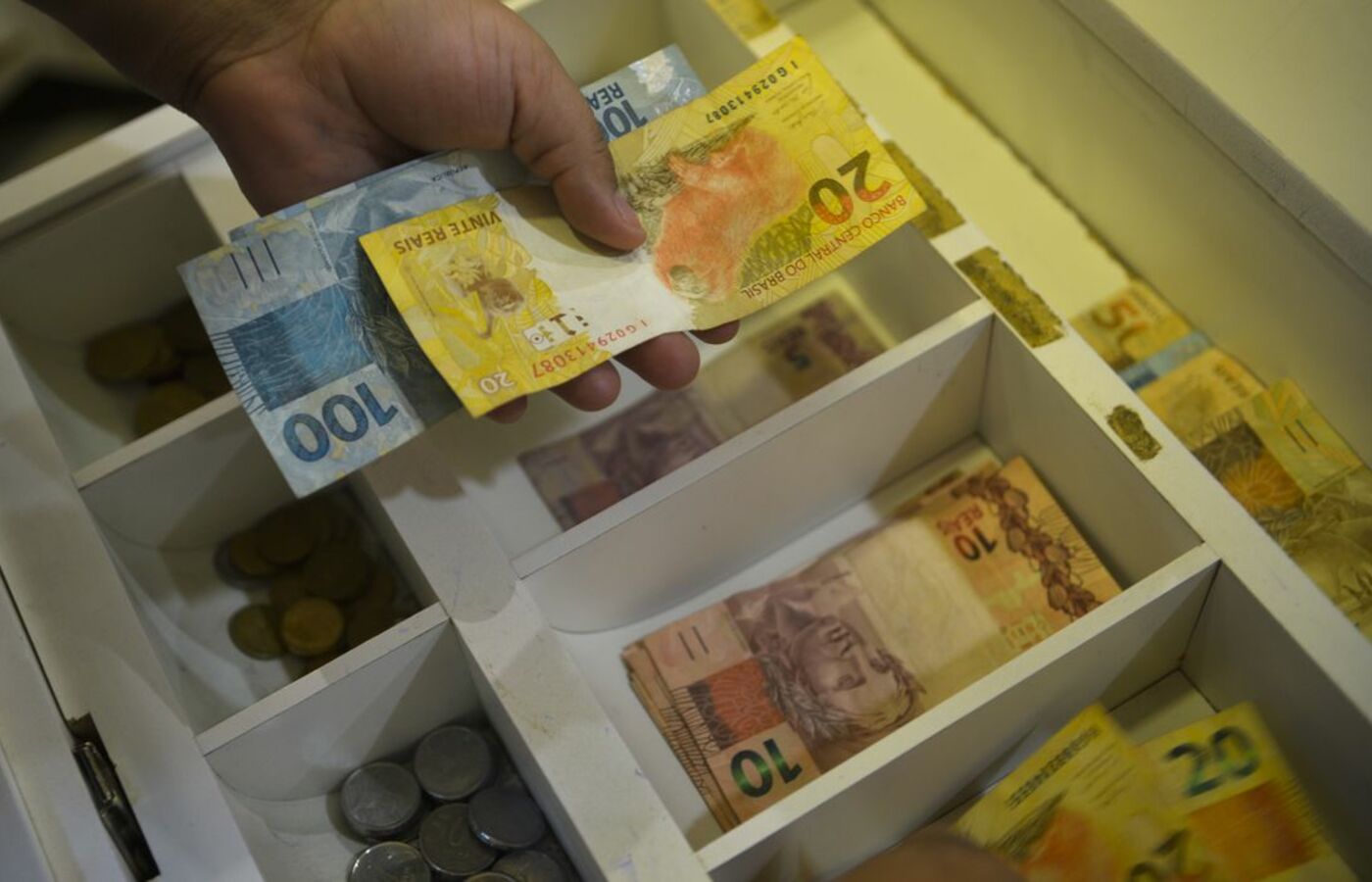
Today, Tuesday (3), the House of Representatives approved Draft Law No. 4188/2021 submitted by the executive authority, which includes establishing the legal framework for guarantees. The proposal aims to facilitate the implementation of guarantees granted in loans and financing. The goal of the proposal is to make credit cheaper and increase supply.
According to the Brazilian Banking Federation (Febraban), Brazil is the country where financial institutions recover the lowest collateral in the world. This is also where implementing a warranty is more expensive and takes longer. For every $100 pledged, the financial sector recovers only $14.6.
In other emerging countries, the average recovery was three times more efficient than in Brazil. In the United Kingdom, the recovery rate reaches 85.3% in the United Kingdom, and 81.8% in the United States.
The draft rapporteur in the House of Representatives, federal MP João Maia (PL-RN), said the proposal modernizes the legislation around guarantees, which will be positive for the economy.
“These data indicate that the current treatment of the issue of collateral by the Brazilian legal system needs to be reformulated to improve these numbers, and thus reduce the interest paid by Brazilian borrowers. Access to cheap credit is also one of the essential elements of practicing financial citizenship, something that has been “It is talked about a lot, but little understood.”
Hey OMR 4188/2021 It wants to enable banks and other financial institutions offering lines of credit to recover collateral provided in operations by defaulting customers more quickly and at a lower cost.
Among the changes, the framework now allows the same property to be offered as security in different transactions – something that is not currently possible – as long as it is with the same creditor.
Let’s assume that the guarantee provided by the property amounts to R$100,000. If a consumer takes out a loan of R$40,000 from a bank, he or she can still use R$60,000 to obtain a new loan from the same institution.
The draft now allows movable assets, such as vehicles, to be subject to extrajudicial collection in the event of default by the debtor. Today, when a car is offered as collateral and the borrower fails to repay the loan, banks need court approval to seize the asset. With this change, financial institutions will be able to enforce the guarantee without going to court.
Pledge of sole family ownership
One of the most controversial points in the initial version of the text, the possibility of seizing the family’s only property, was ruled out when the proposal was passed through the Senate – a decision that MPs confirmed in a vote on Tuesday.
Initially, the provision creating the IGGs was approved by the chamber, but was dismissed by the senators. In the vote, the representatives confirmed the decision. IGs will be responsible for bridging the gap between banks and companies – and citizens seeking credit. These agents can evaluate real and personal guarantees, register them with a notary, and enforce the debt in the event of the borrower’s default.
The proposal goes to presidential approval.
The project proposes to facilitate loans and financing for companies and citizens

“Friendly zombie guru. Avid pop culture scholar. Freelance travel geek. Wannabe troublemaker. Coffee specialist.”






